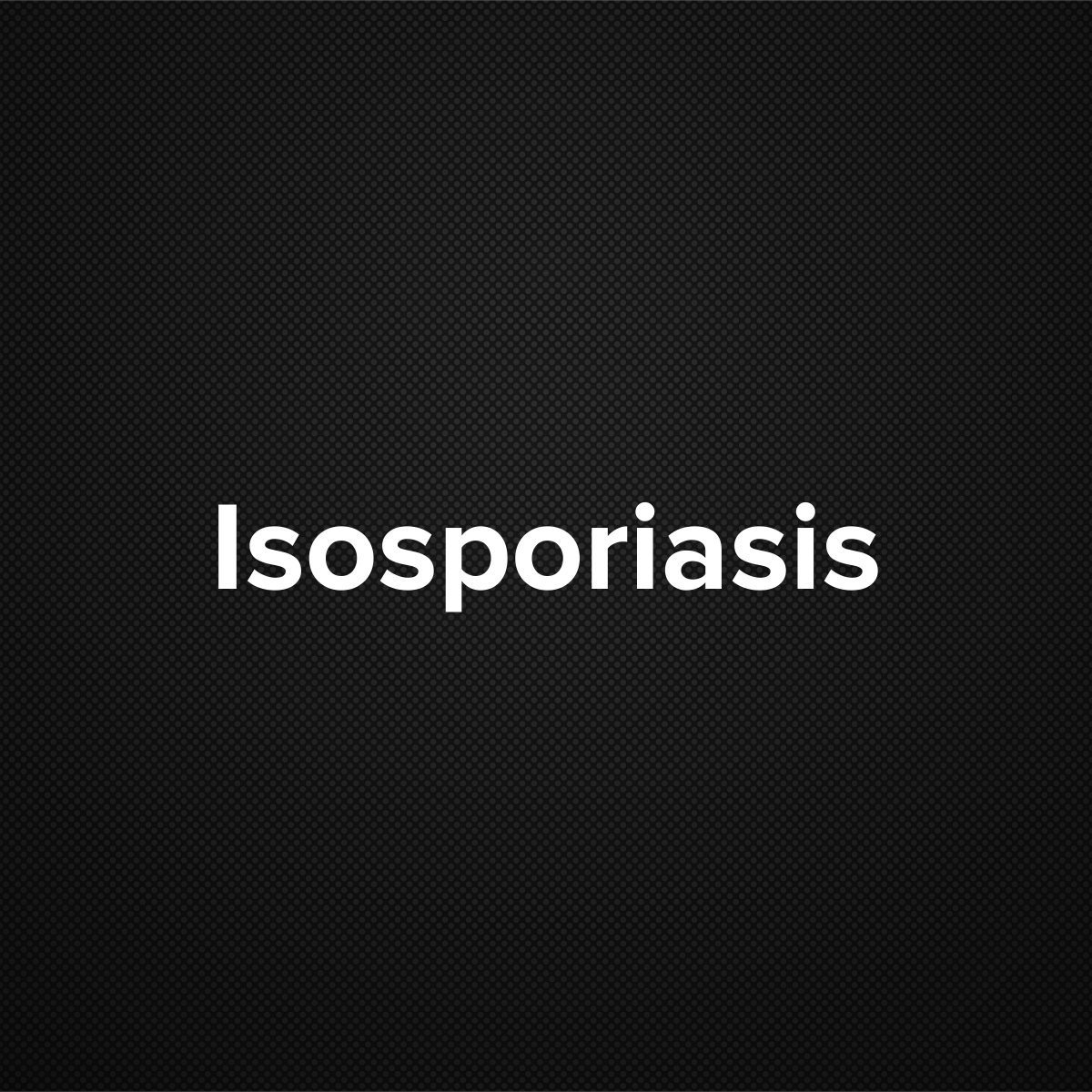Causes and risk factors
One gets isospora infection when the person comes in contact with contaminated feces. The routes of infection include eating uncooked, uncovered food that contains isospora, drinking contaminated water that contains the parasites, swimming in contaminated water that contains isospora parasites. The people having living in unhygienic living conditions, those in close contact with infected people or animals, especially their stools develop the infection. People who are at risk of developing this infection are those with weakened immune system like chronically ill patients, ; HIV affected infected individuals are commonly affected. Parents of the infected children, child care workers, animal handlers, swimmers who accidently swallow water in pools, lakes and rivers, people who drink water from shallow, unprotected wells, backpackers, hikers, international travellers, campers who consume contaminated water are also at high risk of developing this infection.
Clinical presentation
Patient presents with watery, profuse, non non-smelling diarrhoea with mucus. There is nausea and vomiting. Patient complains of abdominal cramping and bloating with passing of foul foul-smelling flatus. There can be steatorrhoea [fat in stools] in some cases. There is dehydration, lack of appetite, weight loss. Fever, malaise, body ache are accompanying symptoms.
Investigation
Medical history by the patient and clinical examination by the doctor helps in diagnosis. Routine blood tests, stool examination, and stool culture is recommended to isolate the parasite. Antibody test for isospora is done. Imaging studies such as USG may be useful for further evaluation. Tissue biopsy of small intestine confirms the diagnosis.
Treatment
Medicines such as antibiotics, anti anti-parasitic drugs, anti anti-motility drugs are prescribed. Supportive care such as fluid replacement therapy by intravenous saline infusion is given to correct dehydration. Maintenance of proper sanitation and hygiene and use of filtered purified water and boiled water will help in prevention of the disease.
Other Modes of treatment
The other modes of treatment can also be effective in treating isosporiasis. Homoeopathy is a science which deals with individualization and considers a person in a holistic way. This science can be helpful in combating the symptoms. Similarly, the Ayurvedic system of medicine which uses herbal medicines and synthetic derivates are is also found to be effective in treating isosporiasis.










